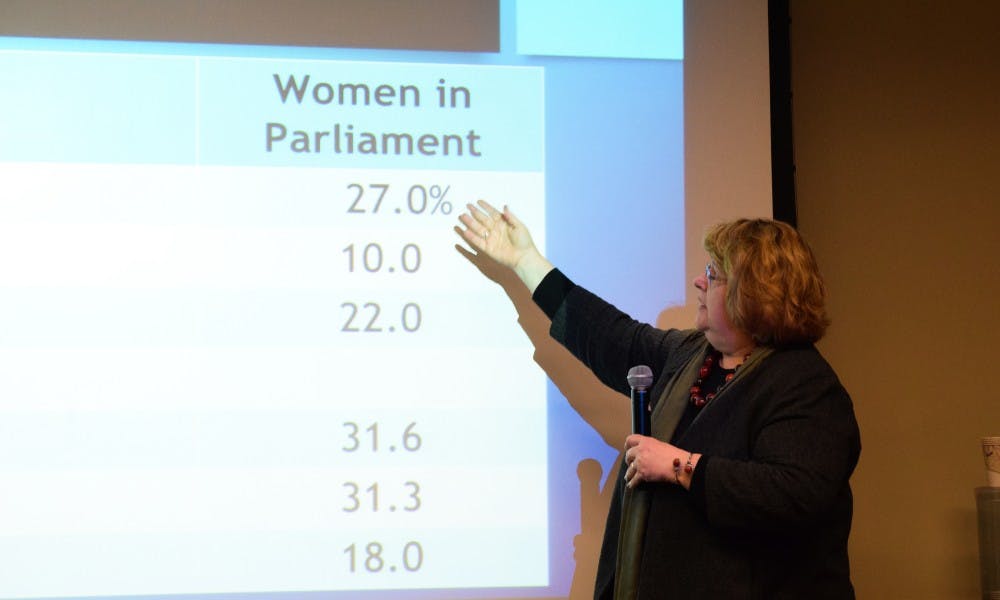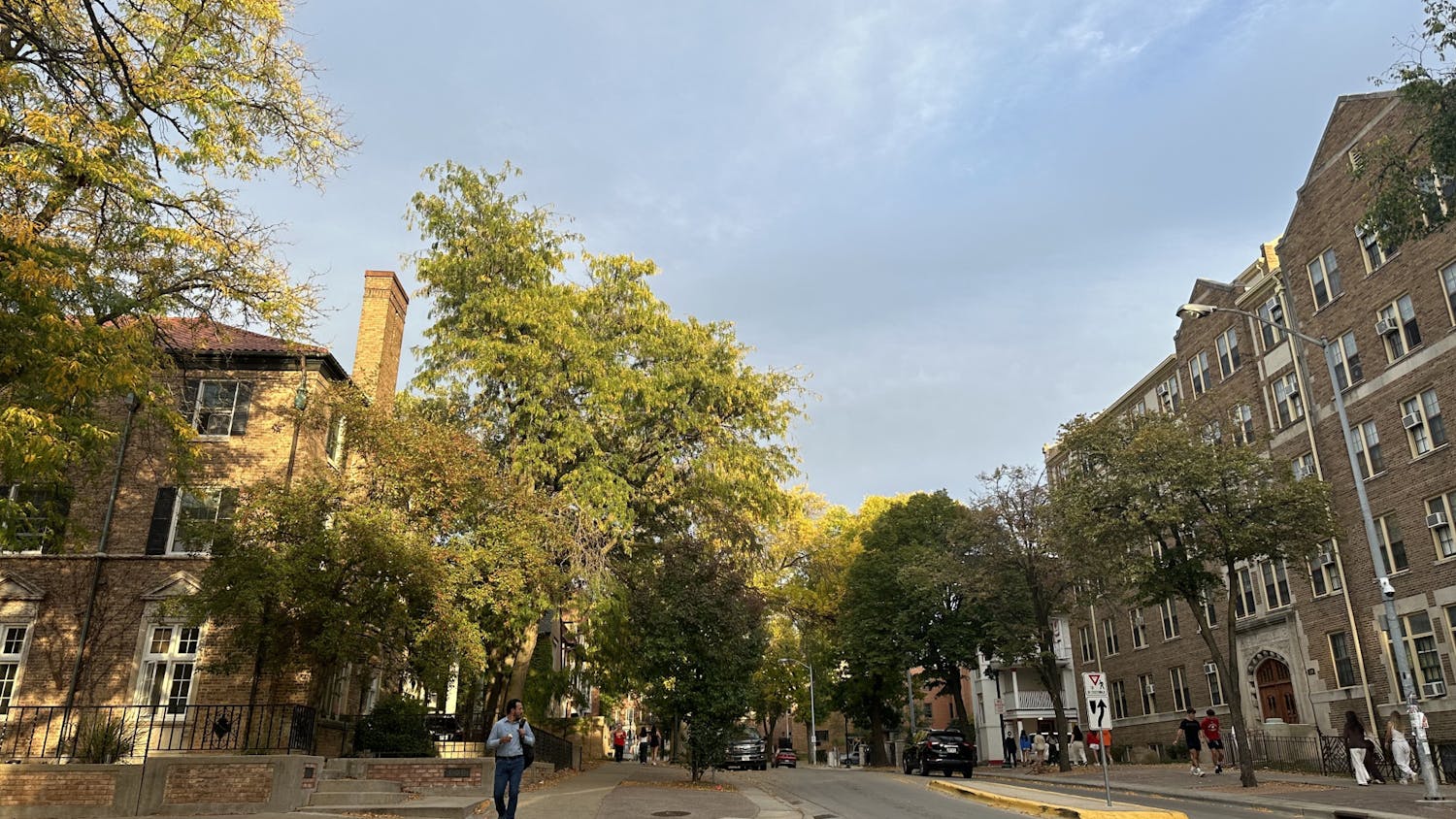When it comes to issues of women’s rights and gender, Americans may have a lot to learn from their counterparts in North Africa, Turkey and South Asia, according to three UW-Madison professors.
The professors—Funda Derin of the UW-Madison Languages and Cultures of Asia department, along with Aili Tripp and Christine Garlough of the UW-Madison Department of Gender and Women’s Studies—presented their research on worldwide gender issues Monday as part of the Wisconsin Union Directorate’s Global Connections program.
Derin discussed the history of women in Turkey following the fall of the Ottoman Empire and the role of traditional head coverings in a society with evolving social norms and attitudes. She said hijabs are an important part of the social and religious identity of many conservative Turkish women, though the headscarves are often seen as oppressive in western cultures.
Tripp, who has studied the difference in political representation between North African countries and the Middle East, said that area also surpasses the U.S. in many aspects of gender inequality in politics. She said 70 percent of judges and 60 percent of lawyers are women in Algeria, and women in the country’s labor force regularly earn more than men.
“We have to be a little bit humble, I think, about where we stand in the world,” Tripp said. “We have 20 percent women in the legislature, we don’t come close to most countries in Africa now, when it comes to women’s representation.”
Garlough also described the difference between activist groups in the U.S. and in developing countries, based on her experience working with feminist groups in Vadodara, India.
“At the grassroots level, there’s so much we can learn, so much I have learned about organizing with no resources and making important things happen from [activists in developing countries],” said Garlough. “We’ve got this wonderful legacy … we just need to have more humility, less hubris and really start to look to other places in the world for how we might change things.”






